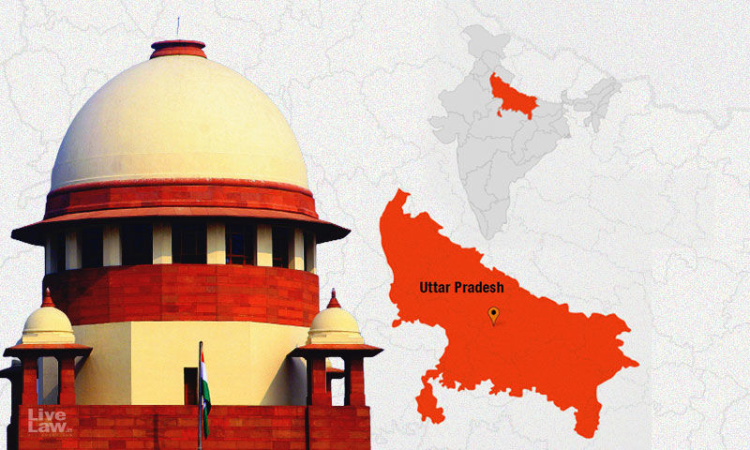The Supreme Court has warned that it will summon the Chief Secretary of the State of Uttar Pradesh if it does not respond to the pilot project for pre-mature release of life convicts.The Court noted that the State with the maximum problem, the State of UP has not yet responded, despite the fact that in a different petition the Court had carried out an exercise of 'life convict' cases pending...

